As you enter your hotel room, you expect to find a haven of relaxation and comfort. The last thing you want to worry about is mold. But did you know that mold can be a common and dangerous problem in hotel rooms? If left untreated, it can cause serious health issues.
Mold in hotel rooms is often caused by excess moisture, water damage, and warm, damp environments. These conditions can be challenging to control, especially with the constant occupancy changes of hotel rooms. It’s not just budget hotels at risk—even upscale luxury hotels can be susceptible to mold growth. So, what can you do to protect yourself from this hidden danger and enjoy a healthy and worry-free stay? Keep reading below!
What is Mold?
Mold is a type of fungus that flourishes in warm, damp, and humid conditions, whether indoors or outdoors. It is composed of tiny, airborne spores, and when they land on a damp surface, they can take root and begin to spread.
Mold can take on different hues, including black, green, yellow, and white, and can develop on various surfaces, such as wood, drywall, carpet, and food. Additionally, mold can produce a musty smell, which may indicate its presence. Most commonly, it is caused by water damage or an unnoticed leak.
Is Mold Growth in a Hotel Room Dangerous?
If you’re wondering whether mold in a hotel room is dangerous, the answer is yes. It’s crucial to know how to identify mold so that you can report it to the hotel management. A moldy hotel room can cause various problems, especially if you plan to stay for an extended period, resulting in long-term exposure.
The hazardous fungus can trigger adverse side effects in people, such as respiratory issues, allergies, and asthma. Individuals with pre-existing conditions or compromised immune systems are at a higher risk of declining health due to mold exposure.
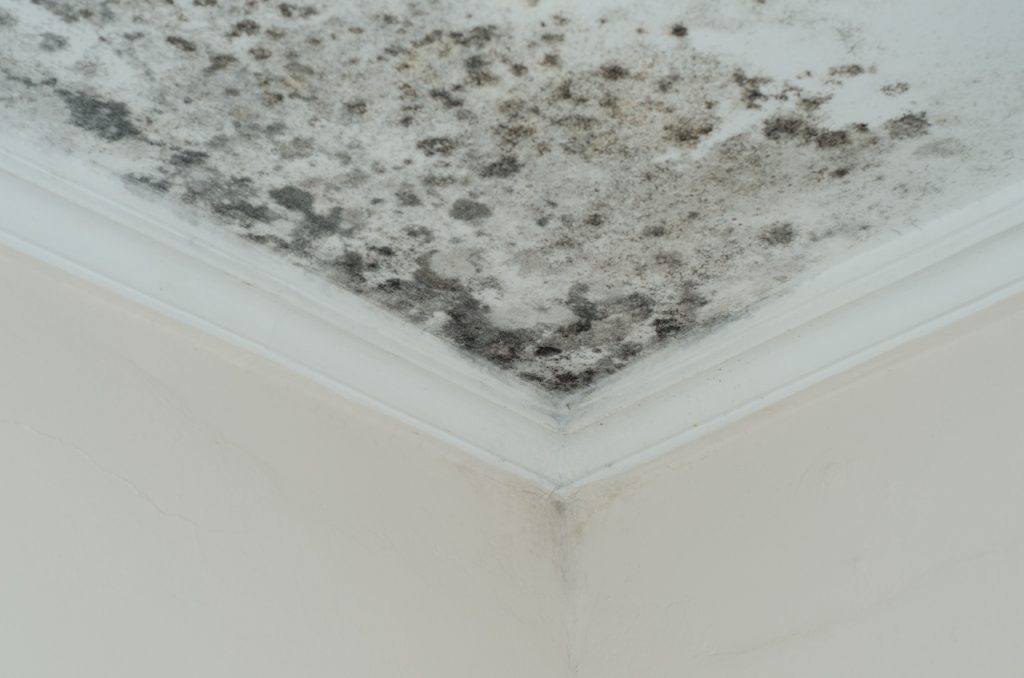
Check around your room for signs of mold and report any you find before settling in.
The consequences of mold don’t just impact human health. They can also affect the structural integrity of buildings if left unchecked, leading to potential safety hazards. These hazards include splintering and decaying wood, weakened walls or ceilings, and even the noticeable discoloration of walls.
The Signs of Mold Damage in Hotel Rooms
When starting your hotel stay, it is essential to inspect the room thoroughly to ensure a safe and pleasant experience for yourself and future guests. Begin by checking the bathroom for any unusual smells, colors, and excess moisture, as these could be potential signs of mold growth. Report anything you find to the front desk and ask them to repair it promptly or request a room change.
Mold will undoubtedly leave a sour taste in guests’ mouths and damage property, leading to costly repairs and renovations. Here are some signs of mold damage that can enable hotel guests and staff to be on alert:
- A visible mold infestation. The most obvious sign of mold damage is visible mold growth. Mold can appear in various colors, including black, green, white, and gray. It may appear fuzzy or slimy.
- Musty odor. Mold has a distinct foul, musty smell, often earthy or damp. If you detect a strong, unpleasant odor in your room, it could be a sign of mold growth.
- Wallpaper. The first signs of mold damage often appear on walls and wallpaper. Peeling wallpaper is an immediate indicator of moisture in the room, which can mean mold is present.
- Water damage. Mold thrives in moist environments, so water damage is a common precursor to mold infestation. Stains on walls or ceilings, warped or discolored flooring, or damp carpets could indicate a water leak that may have caused mold to grow.
- Allergic reactions. Mold can cause allergic reactions in some people, including coughing, sneezing, itchy eyes, and skin rashes. If you experience these symptoms while staying there, mold could be the culprit.
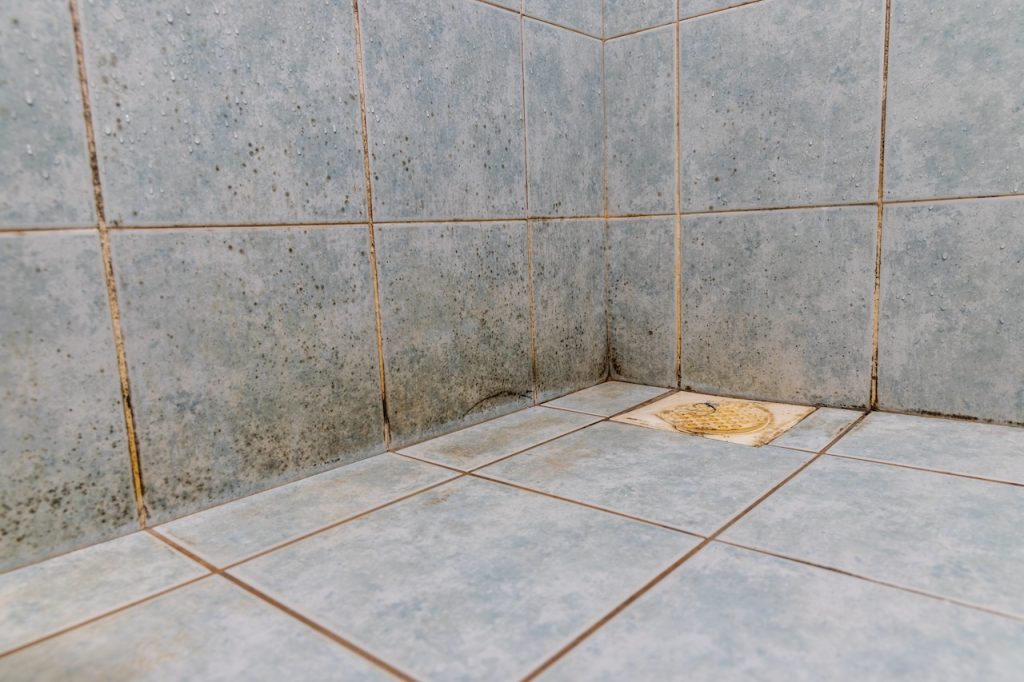
Hotel bathrooms are moist, perfect spots for mold. Check them thoroughly.
- Health issues. Long-term mold exposure can cause serious health setbacks, including watery eyes, respiratory problems, headaches, and fatigue. Children can be more sensitive to mold exposure. If you experience symptoms during or after your stay, inform the hotel staff immediately.
- Poor air quality. Is mold in a hotel room dangerous? Yes, because it also can have an impact on air quality. Airborne mold spores can affect indoor air quality. If you notice a stuffy or humid feeling, especially in a hotel bathroom, it could mean mold.
If you suspect your hotel room has mold damage, don’t wait to inform the hotel staff and management. Let them know immediately, so they can take the appropriate action to address and resolve the issue.
How to Prevent Mold in Hotel Rooms
Hotels should be a clean and inviting environment for all guests to enjoy peacefully and without worry. Mold doesn’t have to be a problem if hotels do the following:
- Regular cleaning. Hotels should clean their rooms regularly to prevent dirt and moisture buildup. This includes thoroughly cleaning and disinfecting bathrooms, carpets, and other surfaces after every guest.
- Proper ventilation. Rooms should be adequately ventilated, with airflow and ventilation systems that are regularly maintained. This can reduce moisture levels and prevent mold growth.
- Use dehumidifiers. Dehumidifiers are excellent at reducing indoor humidity and preventing mold from growing. A dehumidifier can be placed in damp spaces such as bathrooms, laundry rooms, and basements.

Dehumidifiers can make a huge difference against mold.
- Address water leaks promptly. A leaky pipe or a malfunctioning appliance can contribute to mold growth. Hotels should promptly address leaks and water damage and repair or replace damaged fixtures or pipes as needed.
- Maintain HVAC systems. Routine maintenance and cleaning should be completed of heating, ventilation, and air conditioning (HVAC) systems, including the cleaning of cooling coils, humidifiers, and drain pans where organic material can build up, leading to fungal growth.
- Use mold-resistant materials. When building or renovating guest rooms, hotels should use mold-resistant materials, such as mold-resistant drywall and paint, to reduce the risk of hidden mold.
- Monitor humidity levels. Hotels should monitor the humidity levels (below 50 percent) in their rooms and take steps to reduce humidity levels if they are too high. Dehumidifiers or air conditioning units can reduce moisture in the air.
- Educate staff and guests. Talk to staff and guests about mold prevention, including identifying mold and reporting any issues to hotel management.
By implementing these preventive measures, hotels can effectively ensure the health and safety of their guests. Providing a clean and mold-free environment allows guests to have a worry-free and pleasant stay.
What Are Unacceptable Hotel Room Conditions?
While mold is one of the most unacceptable situations when it comes to sleeping conditions, it is not the only one. Hotel guests should also look for other unacceptable conditions to ensure a safe and comfortable stay.
- Excessive noise. Loud noises from traffic, neighbors, or outside can disturb your rest and make falling or staying asleep difficult.
- Extreme temperatures. A room that is too hot or cold can keep you up all night.
- Poor air quality. Rooms with poor ventilation or air circulation can cause respiratory issues, allergies, or other health problems.
- Unpleasant smells. Strong, offensive odors from pets, food, smoke, lack of routine cleaning of carpets or furnishings, or other sources can affect your nightly routine.
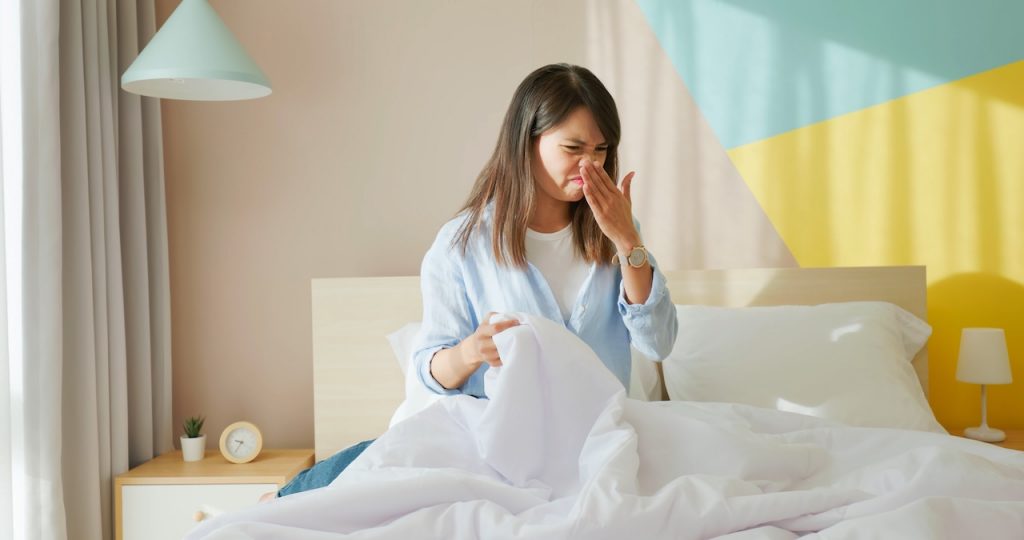
Check your sheets for any odd smells or sights. You might find mold or bed bugs!
- Uncomfortable bedding. An uncomfortable mattress or pillow can make getting a good night’s sleep impossible.
- Poor lighting. Bright or insufficient lights can interrupt the body’s natural sleep cycle and make falling or staying asleep difficult.
- Uninviting decor. A cluttered, messy, or uninviting room can be stressful, leading to poor sleep.
- Presence of insects or pests. A bug infestation can be a nuisance and result in a lack of rest.
While you may not get the same rest in a hotel room as you would in your home, too many disturbances will leave you feeling unsteady the following day. Inform your hotel’s staff or front desk immediately to address any issue that kept you up so you can have a comfortable stay.
Checking In? Check Out PuroClean Water, Fire, and Mold Experts for Our Premier Mold Remediation Services!
If you suspect that your home or business has a mold problem, don’t wait to take action. Mold can spread quickly and cause serious health problems for your family and employees. We offer professional mold remediation services designed to safely and effectively remove all traces of mold from your property. Our expert team uses the latest techniques and equipment to ensure your property is thoroughly cleaned and safe to occupy. Contact us today to schedule an appointment at (614) 309-5739!
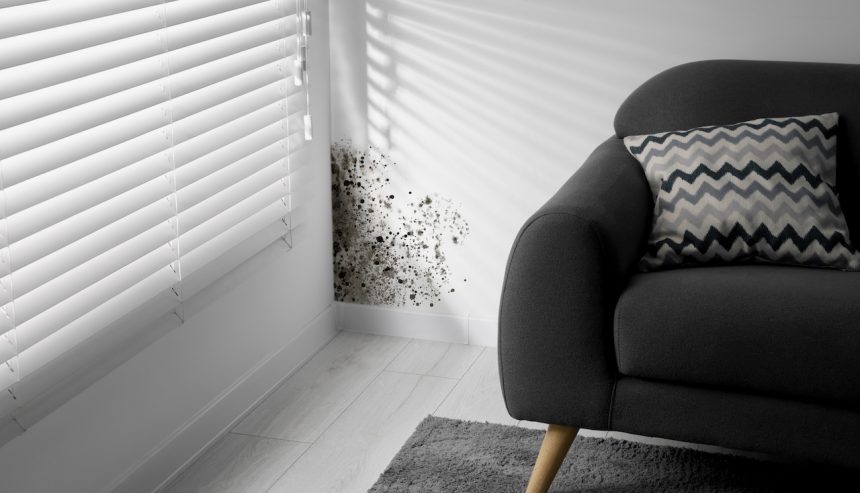
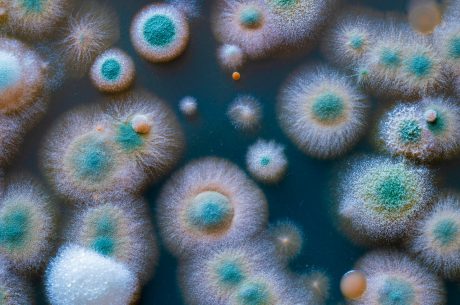
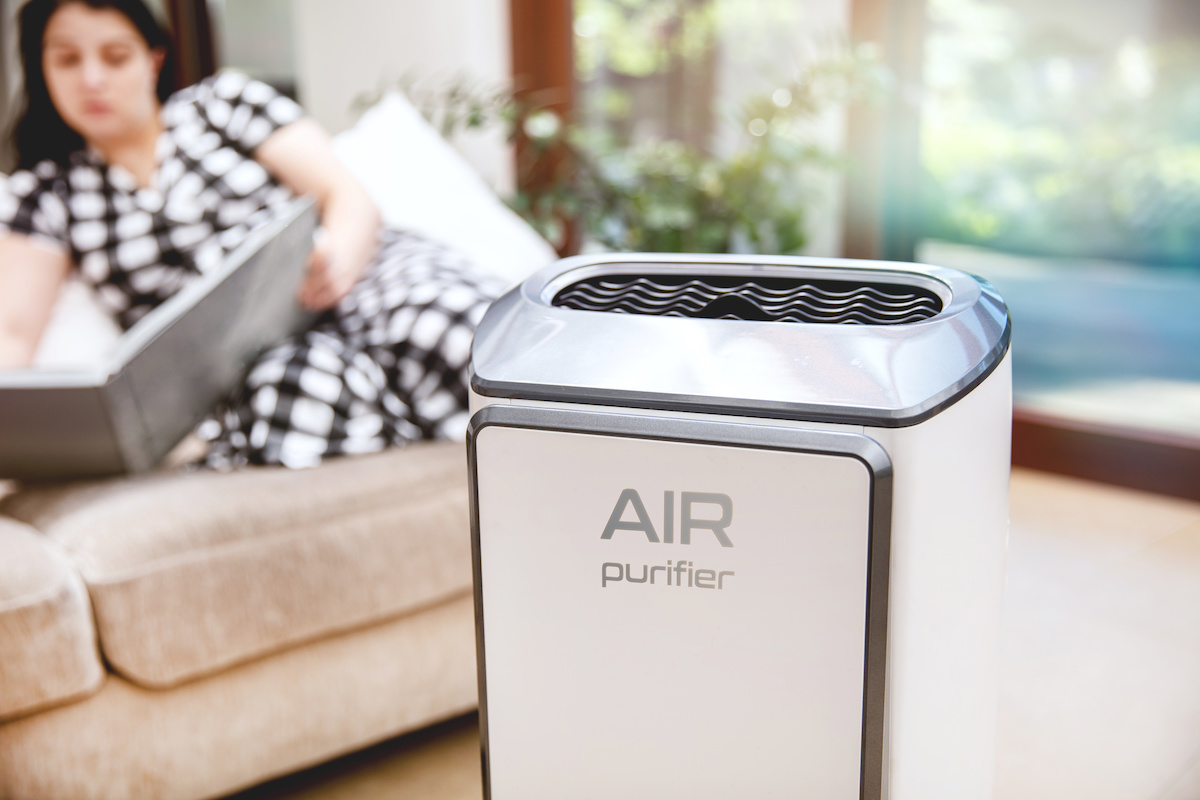

 PuroClean Fire & Water Experts
PuroClean Fire & Water Experts